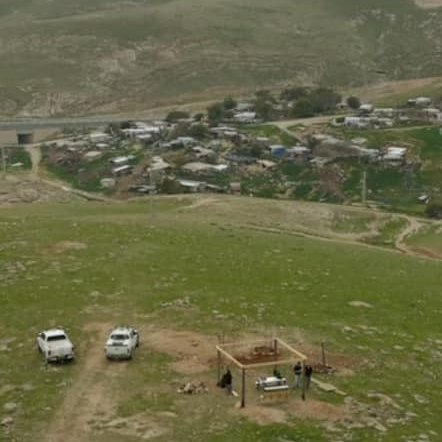Sure, Chassidim Ignore Zeman Tefillah, but the ‘Devil Is in the Details’…
So, Chassidim ignore Zeman Tefillah. Ho-hum. What else is new?
But I noticed something even worse. I sat near a Shabbos minyan in a massive Chassidic denomination. I saw they were barely missing the halachic time. This wasn’t Chabad which studies their works before prayer (those who show up early, anyway!), and officially begins at 10:00 AM.
The minyan was just missing the time for Shmoneh Esrei. (Mussaf was fine, of course.) A smaller Chassidic Shtiebel nearby was just missing the time for Kri’as Shema.
And these hours by the more lenient standard of both “the Gra and Ba’al Hatanya”, as people like to say!
So, this isn’t about added concentration even as sheer excuse (אין אדם חוטא ולא לו), but pure impurity and “Kelipah” driving them to sin against Hashem.
As the Nefesh Hachaim (‘שער ג’ פרק ח) testifies:
…
ואתה הקורא, אל תדמה שמלבי הוצאתי הדברים, כי את כל זאת בחנתי ונסיתי, כאשר נתתי לבי לדרוש ולתור, ועיני ראו רבים אשר יחפצו קרבת אלקים, ונכשלים במו אלה הדברים הנ”ל אשר מפיהם אלי נאמרו מלבם, ובעיני ראיתי במקום אחד איזה אנשים שהורגלו בזה זמן כביר עד שכמעט נשכח מהם זמן תפלת המנחה שקבעו לנו רז”ל, ואדרבה נקבע בלבם מרוב ההרגל כמו דין והלכה שתפלת המנחה עיקרה אחר צאת הכוכבים, וכשאדם אומר לחברו נתפלל תפלת מנחה, הוא משיבו נראה ונעיין אם כבר נראו הכוכבים ברקיע, וה’ יסלח להם, ויכפר לשוגה ופתי.
אבל לבך תשית לדעת חכמים בעלי תורה אשר כבר הורונו חז”ל שהעיקר הוא עשיית המצוה בזמנה בכל פרטיה ודקדוקיה חק ולא יעבור, וטהרת המחשבה טובה תצרף למעשה, אז תלך לבטח, וזה וזה יתקיימו בידיך…
The known Sha’arei Teshuvah 1:2 quoting Chazal (where?) applies well:
משל לכת של לסטים שחבשם המלך בבית האסורים, וחתרו מחתרת, פרצו ויעבורו ונשאר אחד מהם. בא שר בית הסוהר וראה מחתרת חתורה והאיש ההוא עודנו עצור, ויך אותו במטהו. אמר לו: קשה יום! הלא המחתרת חתורה לפניך ואיך לא מהרת המלט על נפשך?
(Weekdays are different, for some reason.)
Let Jews not be influenced by the “Chassidim” and their evil ways. Keep your children away.

